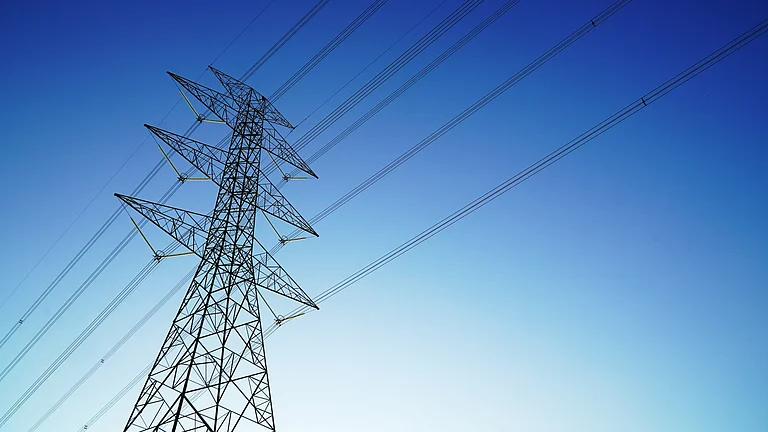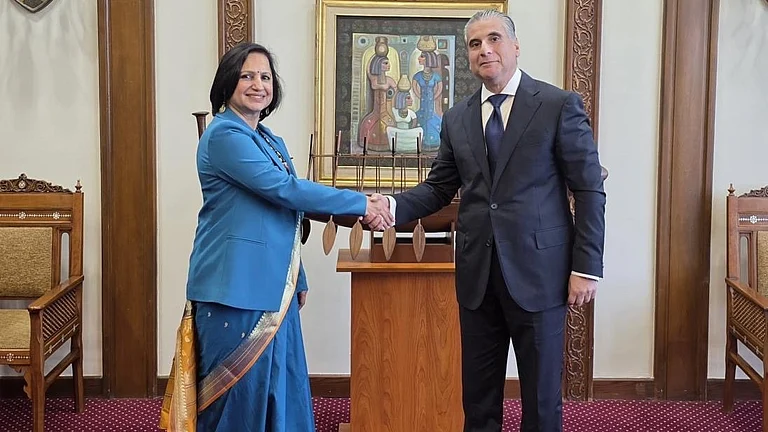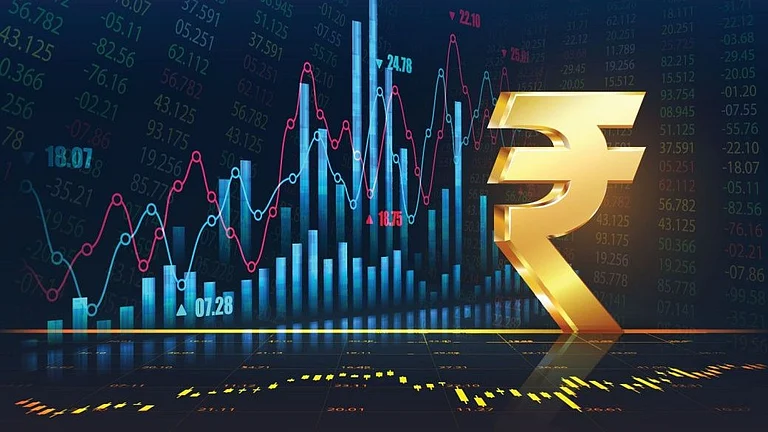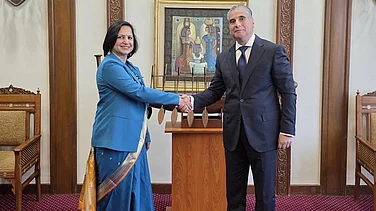Majority of members of the high-powered Monetary Policy Committee (MPC) of the Reserve Bank were concerned about heightened inflation even as two panellists raised objections against an increase in the benchmark interest rate, according to the minutes of the meeting released on Wednesday.
Following the recommendations of the MPC, the RBI increased the rate by 25 basis points on February 8, taking the repo rate to 6.5 per cent. It was the sixth straight hike since May 2022.
"The fight against inflation is complicated by the global outlook. There is some consensus growing around a milder slowdown than earlier feared, although geographical disparities complicate the prognosis. Be that as it may, the outlook for global inflation is turning more uncertain than before," Patra opined as per minutes of the Monetary Policy Committee (MPC).
Reserve Bank Governor Shaktikanta Das, who heads the six-member MPC, also said overall, there is considerable uncertainty at this stage on the evolving inflation trajectory due to ongoing geopolitical tensions, global financial market volatility, rising non-oil commodity prices, volatile crude oil prices and also weather-related events.
He also said a 25 basis points rate increase provides space to calibrate future monetary policy actions and stances based on evolving macroeconomic conditions.
The six-member MPC comprises three RBI officials -- Governor Shaktikanta Das, Deputy Governor Michael Debabrata Patra, and Executive Director Rajiv Ranjan; and three government-nominated external members -- Shashanka Bhide, Ashima Goyal and Jayanth R Varma.
Ranjan, as per the minutes, said it will be premature to pause the interest rate hike when there are no definitive signs of a slowdown in inflation, particularly core inflation.
"Nevertheless, as the policy rate adjusted for inflation has now turned positive, albeit barely so, there is a case for paring down the pace of rate hike to the usual 25 bps," he said.
External members Varma and Goyal were not in favour of raising rates any further
The third external member Shashanka Bhide went along with the three Reserve Bank members and voted for raising the key policy rate for the sixth time in a row.
"In the second half of 2021-22, monetary policy was complacent about inflation, and we are paying the price for that in terms of unacceptably high inflation in 2022-23," Varma said as per the minutes.
In the second half of 2022-23, monetary policy has, in his view, become complacent about growth, and "I fervently hope that we do not pay the price for this in terms of unacceptably low growth in 2023-24".
"I believe that the 25 basis point rate hike approved by the majority of the MPC is not warranted in the current context of diminished inflationary expectations and heightened growth concerns," Varma said while voting against the MPC resolution to hike rate by 25 bps. Varma is a Professor at the Indian Institute of Management, Ahmedabad.
Goyal, Emeritus Professor, Indira Gandhi Institute of Development Research, Mumbai voted for a pause in rate hike saying: " It is better to give time for possible softening of both inflation and growth and effects of past monetary tightening to play out".
Bhide too opined that the persistence of core inflation at a high level is a crucial concern at this stage.
It is important to reduce the demand side pressures on inflation and bring the inflation expectations of the various stake holders closer to the policy target to sustain the growth momentum, said Bhide, Honorary Senior Advisor, National Council of Applied Economic Research, Delhi.
The next MPC meeting is scheduled for April 3-6.































